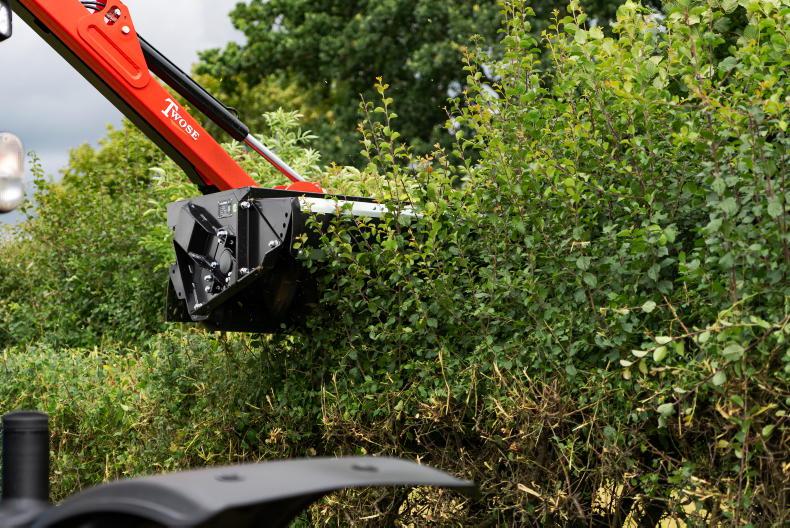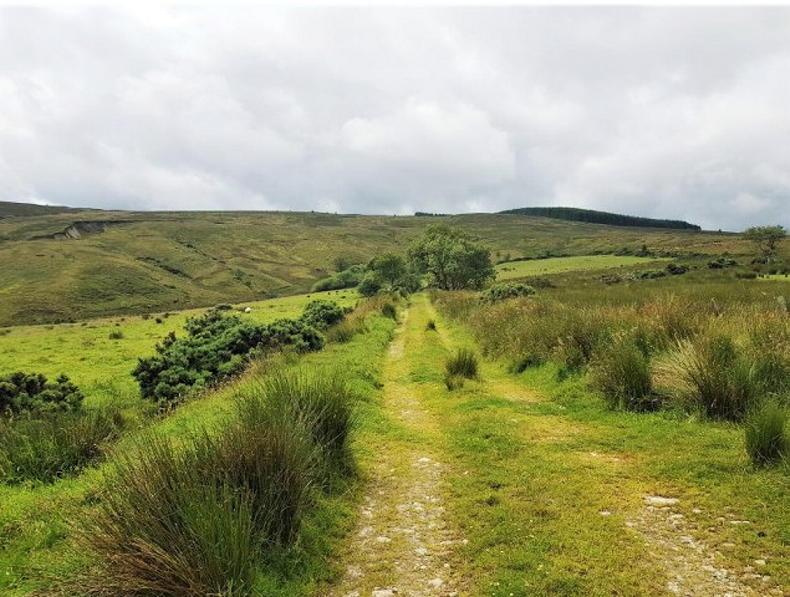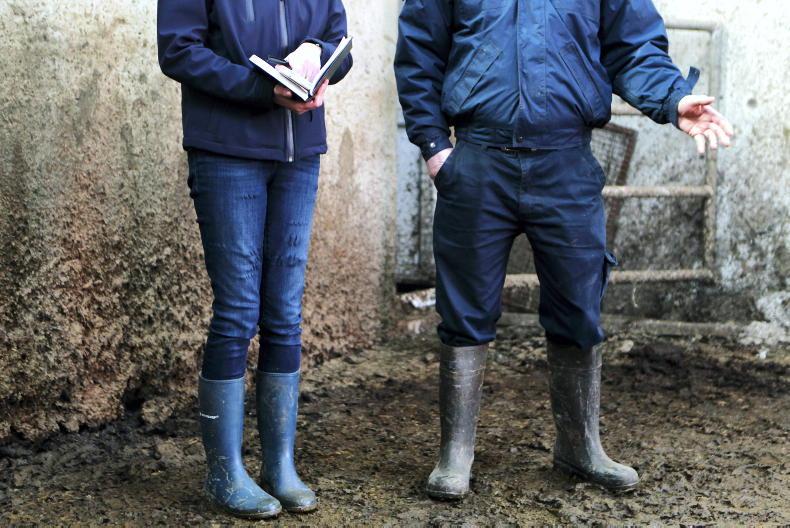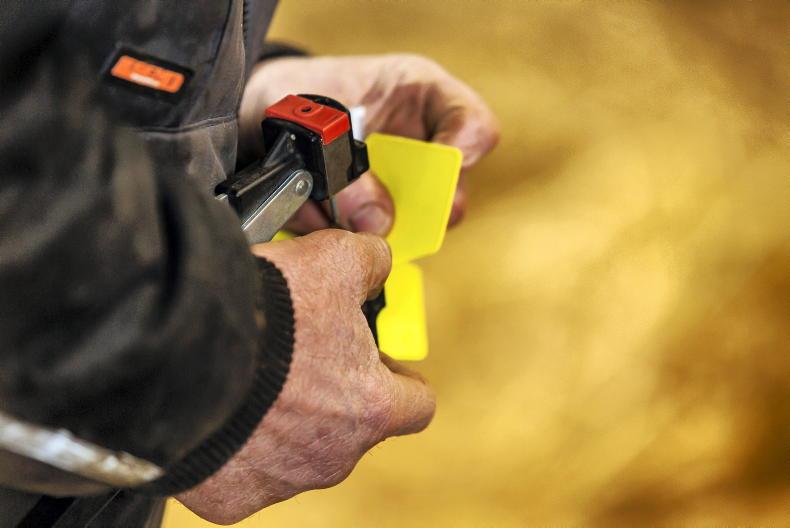The Department of Agriculture has satellite-based systems in place which can be used to detect fire hotspots and can be used if a farmer is found to be in breach of burning vegetation.
A Department spokesperson said that applicants under the Basic Payment Scheme and other area-based schemes are obliged to comply with Cross Compliance which includes requirements in relation to the burning of vegetation and the consequential damage to designated land.
“Where an applicant is found, at inspection or on receipt of a Cross Report from the National Parks and Wildlife Service, to have been responsible for breaching these requirements a penalty can be applied to payments due under these schemes.
“A variety of detection systems, including satellite-based systems, are in place to detect fire hotspots and trigger more detailed eligibility inspections where required.”
The news comes following a number of wildfires across the country in the last number of weeks, the most recent in Gougane Barra, Co Cork.
Earlier this month the Department issued a Condition Orange Fire Danger Notice in advance of the most recent spate of fires – the sixth such notice to issue since 1 March, 2017.
Listen to "Co Cork wildfire eyewitness Neil Lucey" on Spreaker.
Wildlife Acts
The burning of vegetation is controlled by the Wildlife Acts. It is an offence, under Section 40 of the Wildlife Act, 1976 (amended by Section 46 of the Wildlife Act, 2000) to burn, from 1 March to 31 August in any year, any vegetation growing on any land not then cultivated.
Individuals who are found to burn vegetation within that prohibited period are liable to prosecution by An Garda Síochána or by the National Parks and Wildlife Service. The Department of Agriculture has no role in regard to prosecutions.
Read more
Watch and listen: ‘sheep dead’ in west Cork wildfire
The Department of Agriculture has satellite-based systems in place which can be used to detect fire hotspots and can be used if a farmer is found to be in breach of burning vegetation.
A Department spokesperson said that applicants under the Basic Payment Scheme and other area-based schemes are obliged to comply with Cross Compliance which includes requirements in relation to the burning of vegetation and the consequential damage to designated land.
“Where an applicant is found, at inspection or on receipt of a Cross Report from the National Parks and Wildlife Service, to have been responsible for breaching these requirements a penalty can be applied to payments due under these schemes.
“A variety of detection systems, including satellite-based systems, are in place to detect fire hotspots and trigger more detailed eligibility inspections where required.”
The news comes following a number of wildfires across the country in the last number of weeks, the most recent in Gougane Barra, Co Cork.
Earlier this month the Department issued a Condition Orange Fire Danger Notice in advance of the most recent spate of fires – the sixth such notice to issue since 1 March, 2017.
Listen to "Co Cork wildfire eyewitness Neil Lucey" on Spreaker.
Wildlife Acts
The burning of vegetation is controlled by the Wildlife Acts. It is an offence, under Section 40 of the Wildlife Act, 1976 (amended by Section 46 of the Wildlife Act, 2000) to burn, from 1 March to 31 August in any year, any vegetation growing on any land not then cultivated.
Individuals who are found to burn vegetation within that prohibited period are liable to prosecution by An Garda Síochána or by the National Parks and Wildlife Service. The Department of Agriculture has no role in regard to prosecutions.
Read more
Watch and listen: ‘sheep dead’ in west Cork wildfire








SHARING OPTIONS